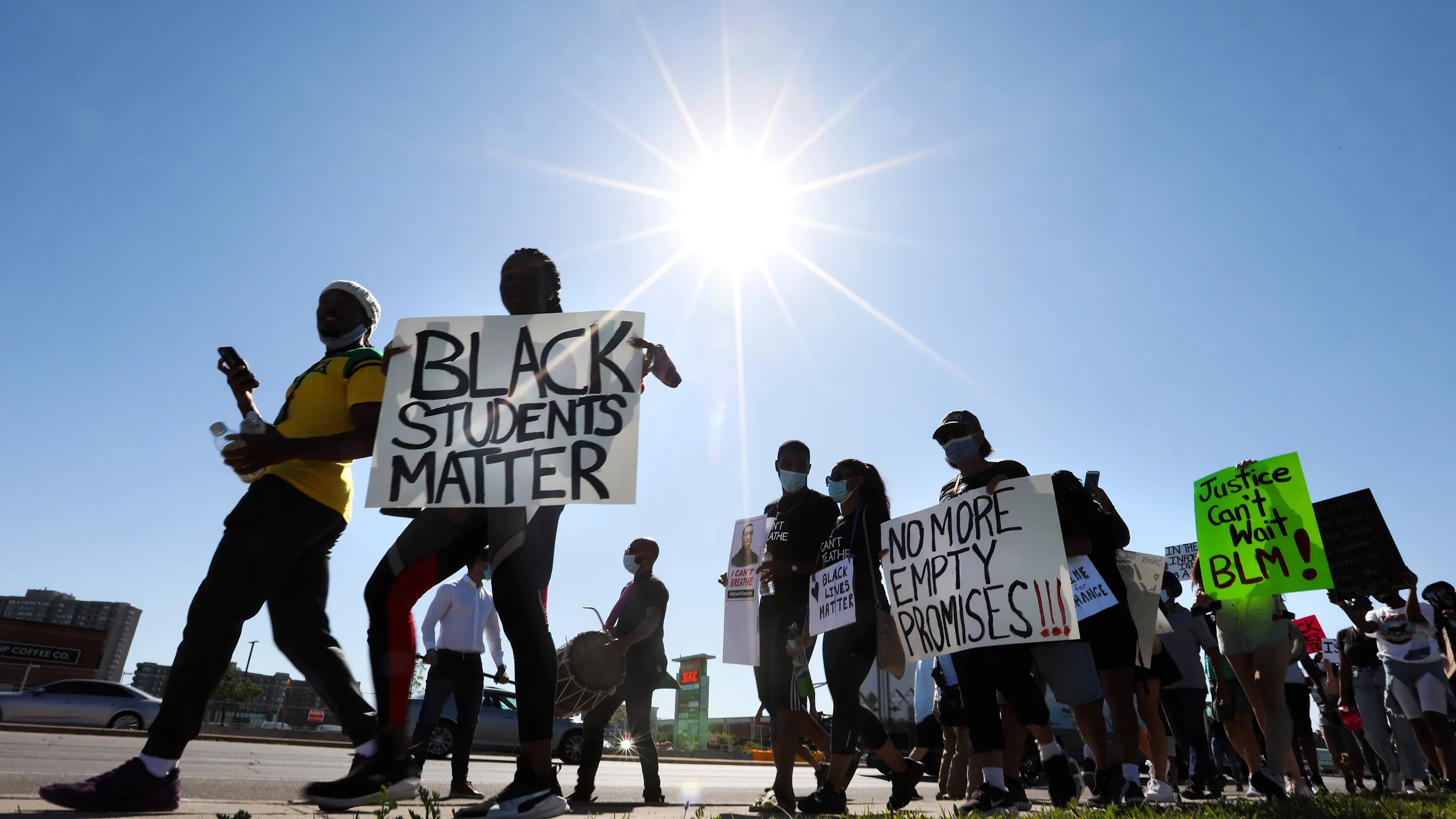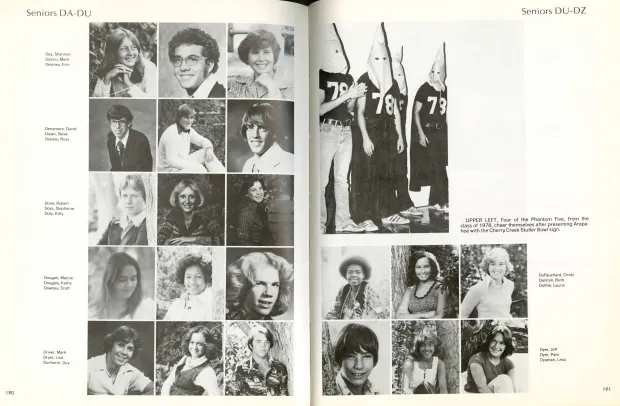The roots of racism still persist in the contemporary society of the United States of America. From the police shooting of black people to the usual racism on the streets, it manifests in systematic inequalities. Under slavery, African Americans could not even exercise their fundamental rights. Even after Congress passed the 13th Amendment (abolish slavery, 1865), black people continued to suffer at the hands of white power structures—racial discrimination impacted generation after generation of black families. The segregation greatly affected the Southern part of America compared to the Northern. The black community continued suffering discrimination and segregation despite the Emancipation Proclamation. The South experienced more adverse effects of segregation and Jim Crow laws compared to other parts of the states. It included all kinds of segregation- from segregated toilets to segregated classrooms and schools. The literacy rate in the black community was never high, as during early times, they did not have the right to any education. Even Later, after the segregation laws, black children were given access to schools with fewer resources, facilities, and textbook materials. White schools exercised all their rights and had abundant resources, resulting in higher literacy rates. This segregation later led to a landmark case in America, Brown v. The Board of Education. It declared laws establishing the doctrine of "Equal but Separate." The consequences of this discrimination led to the American civil rights movement in the mid-1950s and lasted till the late 1960s. The movement stood against this racial discrimination and included all aspects detrimenting the African-American community.

The "Equal but Separate" doctrine had significant drawbacks even when segregation promised equality. Moreover, it did not persecute in equal ways. Segregation of these schools influenced the African-American children, their prospects, and experiences. Chief Justice Earl Warren argued against the doctrine of "Equal but Separate" as Brown v. The Board of Education is rooted in inequality, and this inequality violates equal protection as stated in the Fourteenth Amendment (Constitution of the United States of America).
What is the Fourteenth Amendment?
Passed by the Senate on June 8, 1866, and ratified two years later, on July 9, 1868, the Fourteenth Amendment granted citizenship to all persons" born or naturalized in the United States," including formerly enslaved people. It provided all citizens with "equal protection under the laws," extending the provisions of the Bill of Rights to the states. The Amendment authorized the government to punish states that abridged citizens' right to vote by proportionally reducing their representation in Congress. (Landmark legislation: The Fourteenth Amendment)

Additionally, Warren argued on the impact of this segregation on the children from African-American families. The segregation deprives them of their fundamental educational rights but also psychologically affects them. Segregation leads to the adoption of inferiority in black children, which ultimately leads to the deterioration of the self-esteem of masses of black children. It doesn't matter if schools operate on the "Equal but Separate" notion —it is unconstitutional. Equality does not mean equality through discrimination; instead, equality means equal rights. Even in contemporary times and years later, black students are still facing discrimination and low self-esteem in non-segregated schools of the 21st Century.

Aftermath of Segregation in the Modern Times
"I stopped loving myself because I realized the community did not love who I actually was," one student said. (Black students experience trauma from racist incidents at school, experts say)
Saama Sane from Massachusetts reported, in an interview with NBC News, while sitting in the library, a white child repeatedly addressed him with the N-word. This word infuriated Saama, and he started insulting the white child, which led to a physical assault on Saama. This incident made Saama feel suffocated in the school environment and unable to seek the school experience of other children.

Moreover, Students enrolled in Stony Brook, an elite private high school in Massachusetts, created a public Instagram account (@BlackAtStony) where black students shared their stories of racial discrimination and its effect on them.




A study done by US Today studied 900 College yearbooks. The investigation disclosed numerous "pictures of students dressed Ku Klux Klan robes and blackface, nooses and mock lynchings, displays of racism not hidden but memorialized as jokes to laugh about later" (Murphy, 2019, pp. A1, 4, & 5).

Even years after, in the times of modernity, black students face discrimination at the hands of white power structures. Thus, the ultimate challenge lies in recognizing that even after the removal of physical segregation, black students feel segregated in educational institutes.